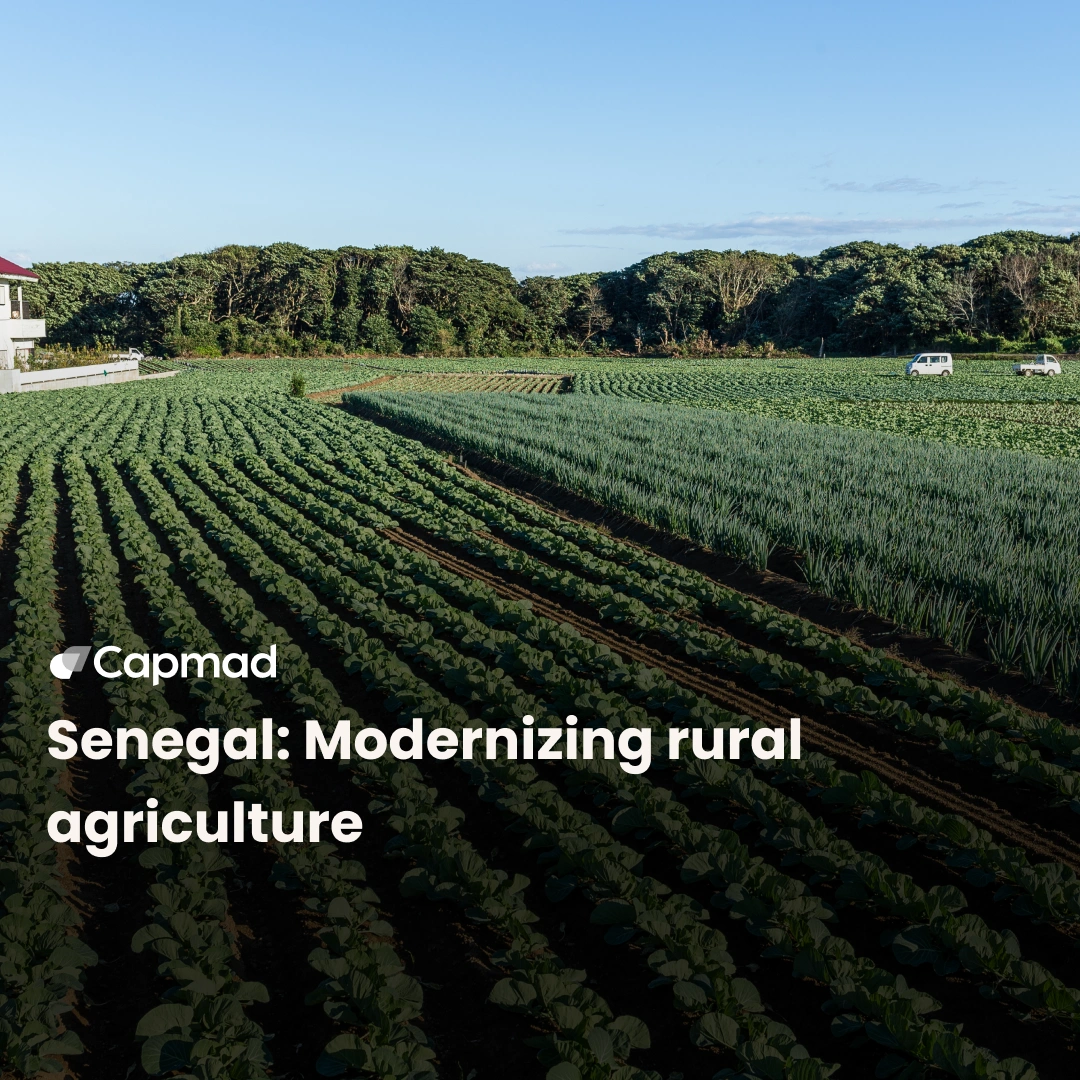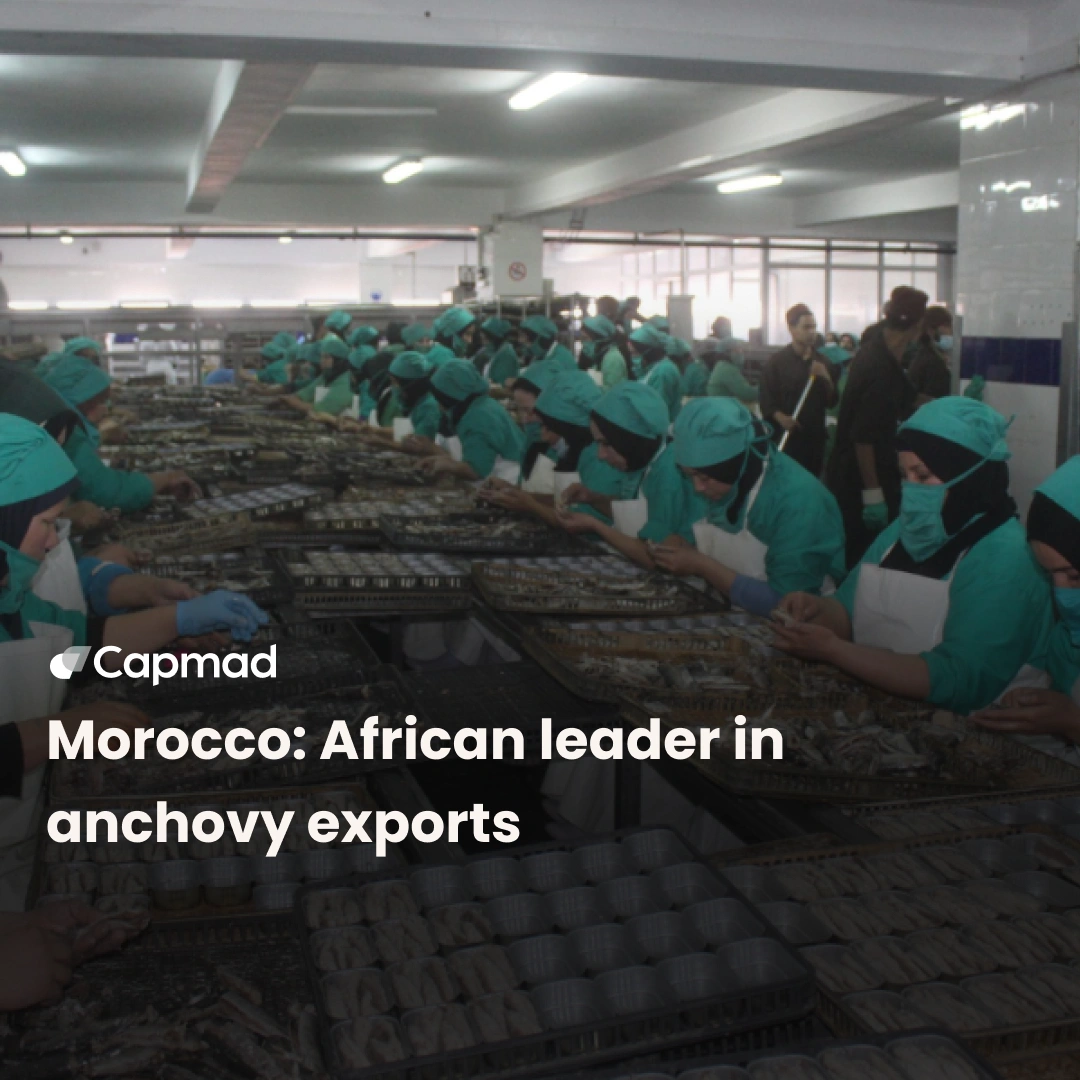Over 4 million Tanzanians are employed in the fishing sector, contributing approximately 1.4 % to the country’s Gross Domestic Product (GDP). Tanzania ranks among the top 10 fish producers in Africa.
Tanzanian fishermen struggle to make ends meet
Fishing is a vital source of income in Tanzania, directly and indirectly employing over four million people, according to the Ministry of Agriculture and Fisheries. However, despite its importance, artisanal fishermen remain among the country’s poorest.
Despite Tanzania’s significant coastline of approximately 1,242 kilometers, stretching from the north, bordering Kenya, to the south, bordering Mozambique, and its vast network of lakes and inland water bodies, the country has yet to fully harness its potential in the fishing industry.
Additionally, Tanzania boasts a territorial marine water area of about 64,000 square kilometers and an exclusive economic zone covering 223,000 square kilometers.
Enhancing the fishing industry structure in Tanzania
The fishing sector accounts for approximately 35% of the country’s 14 million rural jobs and contributes around 1.4% to the gross domestic product (GDP). The ministry states that the fishing sector brings in about 10% of the national export revenues annually but acknowledges the potential for much more. « Production has stagnated at around 350 thousand tons per year for nearly 30 years, with significant overfishing, illegal fishing, and post-harvest losses, » the ministry asserts.
Collaborating with the Tanzanian government and development partners, the WorldFish Center aims to :
- Maximize aquaculture output
- Minimize post-capture losses
- Encourage fish consumption for improved nutrition
- Strengthen the management of small-scale coastal and inland fisheries
According to the WorldFish Center, over a quarter of the Tanzanian population relies on coastal resources or inland lakes for their livelihoods. More than 180,000 individuals are directly employed in the fishing sector, with an additional 19,000 involved in fish farming and/or aquaculture. The organization estimates Tanzania’s current fish production capacity to be around 376 thousand tons per year. Similar to all agricultural activities, approximately 97 % of Tanzanian fish comes from artisanal fisheries.
The government reports that these artisanal fisheries contribute to over 90 % of the total annual fish landings in Tanzania. However, despite their significant production, artisanal fisheries remain at the lower end of the economy’s income spectrum due to their informal activities.
Summit on African artisanal fishing comes to Tanzania
Tanzania is hosting the Summit on African Artisanal Fishing (SSF) from June 5th to 7th, 2024. It marks the first time the summit will be held in the country, with Tanzanian President Samia Suluhu Hassan expected to attend the inaugural event.
This prestigious gathering brings together fishermen from across the continent to discuss successes, challenges, and the future direction of the industry. In addition to highlighting the opportunities presented by the blue economy, the summit also amplifies the African voice for sustainable fishing and shapes fisheries management policies.
The Tanzanian Minister of Livestock and Fisheries states: « The primary reason Tanzania has had this opportunity is President Samia’s stable leadership, which has facilitated excellent implementation through guidelines on artisanal fishing and being the first country in the world to prepare a strategic plan, an achievement that shines the country on the international stage ».
Minister Ulega emphasized that the summit provides significant economic stimulus for the hospitality sector and other service sub-sectors in the country. Consequently, « hosting the summit is a privilege for us, and we will reap multiple benefits from it. »
The Tanzanian government collaborates closely with international organizations such as the African Union Inter-African Bureau for Animal Resources (AU-IBAR), FAO, and the World Wide Fund for Nature (WWF) to position Tanzania as a key player in Africa’s agricultural market by 2030. Making Tanzania an essential agricultural market in Africa by 2030
Development of the Fishing Industry in Tanzania : Roadmap
Recently, the Tanzanian President unveiled her government’s strategic roadmap to boost growth in the fishing sector. A key element of this initiative is the acquisition of vessels for deep-sea fishing, expressing the belief that this sector has not yet reached its maximum capacity.
« Our comprehensive approach underscores the administration’s commitment to maximizing the benefits of the fishing sector in Tanzania, » adds the President, emphasizing that the fishing sector has excellent potential to increase its contribution to national income.
The President announces the forthcoming construction of fishing ports in Kilwa Masoko and Bagamoyo. The establishment of fishing ports will go hand in hand with the creation of modern fish markets. Currently, over 200 young Tanzanians have undergone specialized training, preparing them to seize opportunities in the fishing sector. Over the next year, an additional 300 individuals will be selected for similar training, fostering the development of enterprises utilizing aquatic resources.
Minister of Livestock and Fisheries, Abdallah Ulega, announces plans to distribute 500 speedboats to young beneficiaries during the 2024-2025 fiscal year. The boats, ranging from 5 to 14 meters in length, will be equipped with fishing gear, GPS, and life jackets. Funds will also be allocated for various fishing sector projects, including infrastructure development, markets, and model farms. Lastly, the distribution of over 200 modern fishing cages is planned, benefiting over 1,200 young people and women, according to him.
Driving Tanzanian economic growth through fisheries
As Tanzania endeavors to rejuvenate its fishing sector, these initiatives underscore the government’s dedication to promoting economic growth, job creation, and sustainable management of aquatic resources.
The Tanzanian fishing sector, which contributed 1.8 % to the GDP last year, experienced a growth rate of at least 2.5 %. Despite its substantial potential for job creation and economic vitality, this primary sector grapples with a myriad of challenges.






